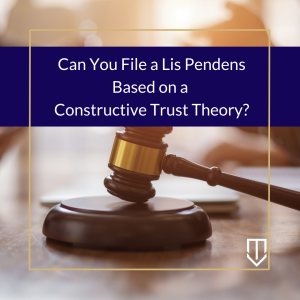 A lis pendens is a notice that a lawsuit has been filed against real property which could affect that property’s title. The lis pendens notifies any potential buyer that there is a lawsuit involving a real property claim. This is important because a potential buyer with knowledge of the lis pendens will be bound by the court’s eventual judgment on the lawsuit.
A lis pendens is a notice that a lawsuit has been filed against real property which could affect that property’s title. The lis pendens notifies any potential buyer that there is a lawsuit involving a real property claim. This is important because a potential buyer with knowledge of the lis pendens will be bound by the court’s eventual judgment on the lawsuit.
According to California law, a lis pendens is filed if the party has a real property claim. (Code of Civil Procedure § 405.20.) A real property claim is a cause of action that would affect the title or possession to real property, or easement use. (Code of Civil Procedure § 405.4.) Until recently, one could not file a lis pendens based on a constructive trust theory, since constructive trusts were not considered real property claims. A new California appellate court decision, however, allowed lis pendens to be filed based on a constructive trust theory.
 California Partition Law Blog
California Partition Law Blog


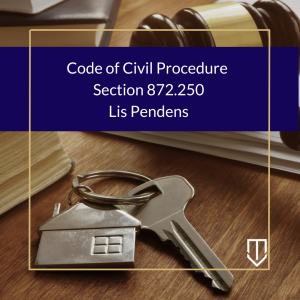 The California Partition Law begins at Code of Civil Procedure section 872.010 and ends at Code of Civil Procedure section 874.323. Section 872.250 outlines the procedure for a plaintiff seeking a partition of real property to record a lis pendens with the county office.
The California Partition Law begins at Code of Civil Procedure section 872.010 and ends at Code of Civil Procedure section 874.323. Section 872.250 outlines the procedure for a plaintiff seeking a partition of real property to record a lis pendens with the county office. 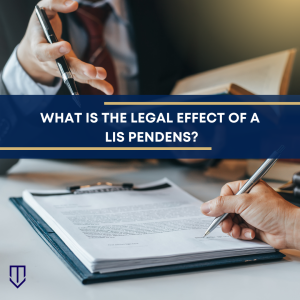 Lawsuits that affect interests in real property, such as partition actions, often require courts to adjudicate competing claims regarding who should have title to or possession of real property. In general, courts adjudicating such disputes follow the principle of “first in time, first in right.” Under this principle, “a conveyance recorded first generally has priority over any later-recorded conveyance.” (
Lawsuits that affect interests in real property, such as partition actions, often require courts to adjudicate competing claims regarding who should have title to or possession of real property. In general, courts adjudicating such disputes follow the principle of “first in time, first in right.” Under this principle, “a conveyance recorded first generally has priority over any later-recorded conveyance.” (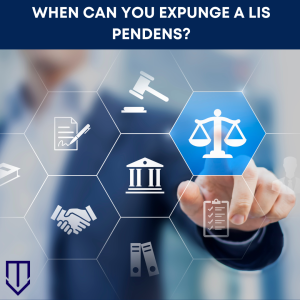
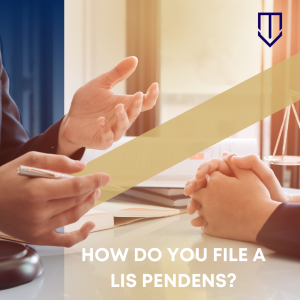 A lis pendens – also called a notice of pendency of action – is a special type of legal document filed with a county recorder. Though its use is limited to lawsuits involving real property claims, its effect is powerful. Once recorded, it acts as “constructive notice” to all persons who would subsequently acquire an interest in the property at issue that a lawsuit is occurring.
A lis pendens – also called a notice of pendency of action – is a special type of legal document filed with a county recorder. Though its use is limited to lawsuits involving real property claims, its effect is powerful. Once recorded, it acts as “constructive notice” to all persons who would subsequently acquire an interest in the property at issue that a lawsuit is occurring.